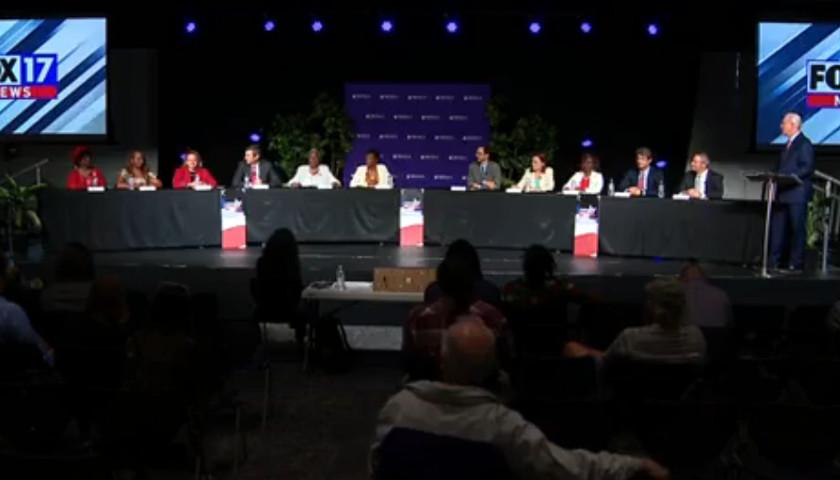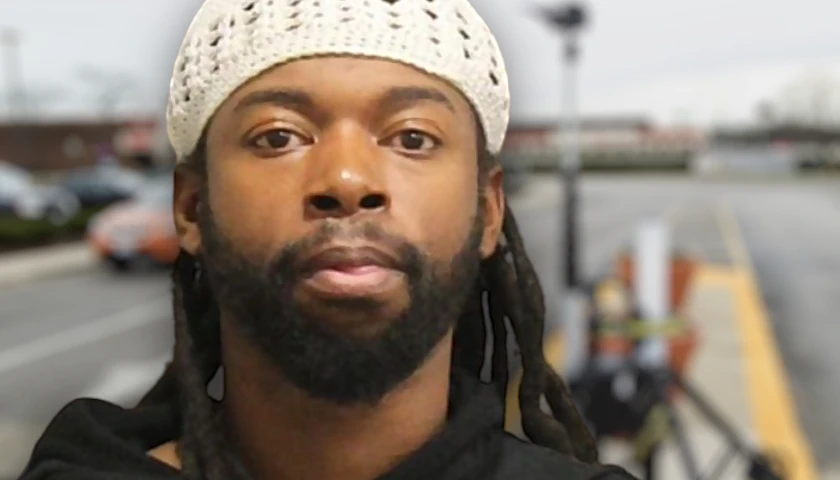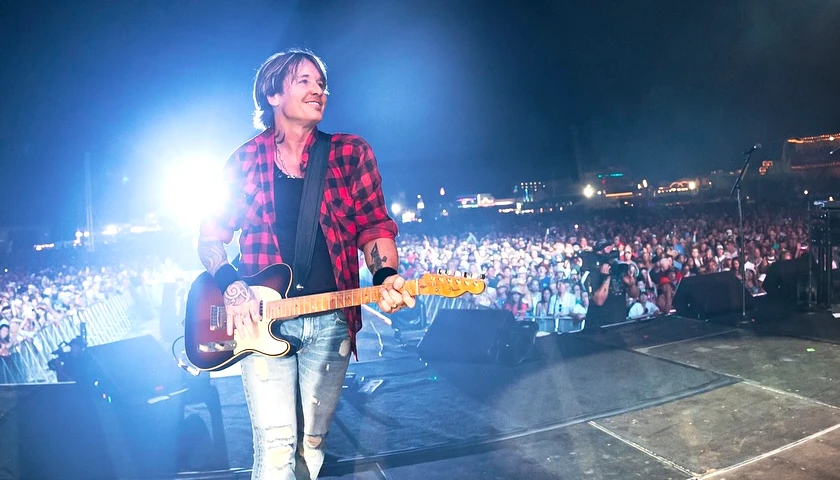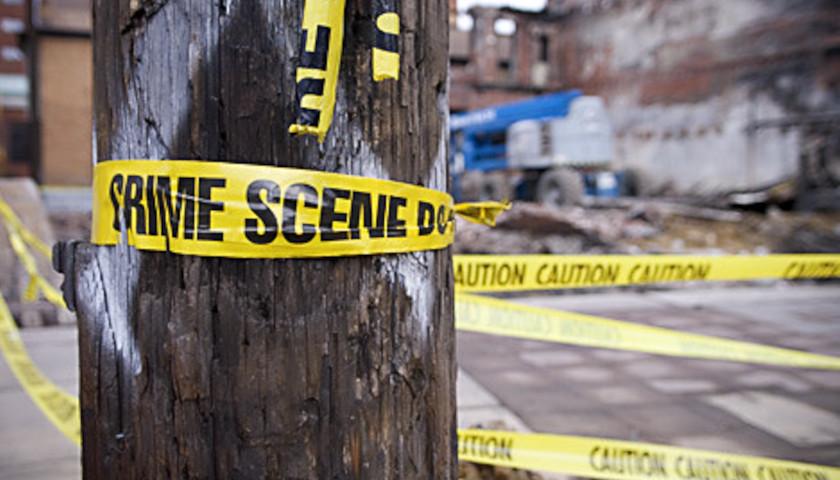Eleven candidates running for Nashville mayor discussed a wide range of issues while participating in a debate hosted by FOX 17 News Monday evening.
HAPPENING NOW: FOX 17 News is hosting a Mayoral Debate on Monday, June 12 from 5:30 p.m. to 7:30 p.m. CST. https://t.co/l37tBk5dmB https://t.co/9pSY3WbOm8
— FoxNashville (@FOXNashville) June 12, 2023
The following candidates looking to succeed current Nashville Mayor John Cooper participated in the forum, which lasted approximately two hours:
- Natisha Brooks, former Republican Congressional candidate
- Fran Bush, former Metro Nashville Public Schools (MNPS) School Board member
- Heidi Campbell, Tennessee State Senator (D-Nashville)
- Jim Gingrich, former COO of AllianceBernstein
- Sharon Hurt, Nashville Metro Council Member-at-Large
- Stephanie Johnson, community advocate
- Freddie O’Connell, Nashville Metro Council Member
- Alice Rolli, former Assistant Commissioner of Strategy for the Tennessee Department of Economic and Community Development
- Vivian Wilhoite, Davidson County Property Assessor
- Matt Wiltshire, former Nashville Economic and Community Development Director
- Jeff Yarbro, Tennessee State Senator (D-Nashville)
Early in the debate, candidates were questioned on what moderator Scott Couch called the “most pressing issue” facing Nashville – the lack of affordable housing.
“What will you do as mayor to create places that help people who live here afford to live here?” Couch asked.
Each candidate was given 30 seconds to respond.
Campbell called the topic the “central question” in this year’s mayoral race, and suggested the idea of looking into public-private partnerships, where businesses would be encouraged to invest in Nashville by buying land and building affordable housing.
Gingrich also argued that the private sector should get “much more involved” in building affordable housing, adding that it is “unacceptable” that Nashville teachers, police officers, and other Metro workers “cannot afford to live in the city that they serve.”
Hurt pointed out that an “economic tsunami” is going to hit Nashville in the next ten years and as mayor, she would make sure all Nashvillians have “gainful employment” so they can “afford to live wherever they want to live.”
Johnson proposed “preserving” Nashville’s current affordable housing stock while O’Connell proposed “streamlining” the process that allows the Metro Development and Housing Agency to build more housing.
O’Connell also argued that “transit is a form of affordable housing,” saying, “making this city more accessible to people and lowering their cost of transportation is a big deal.”
Rolli argued that the city made “a lot of our affordable housing less affordable” when taxes were raised, and vowed against further tax hikes. Rolli also suggested reforming the Metro government in order for it to “act in a more customer-focused way.”
Wilhoite expressed her support in continuing to heavily invest in Nashville’s Barnes Housing Trust Fund, which awards funds to nonprofit developers and donates Metro-owned property to nonprofit applicants. Wilhoite also proposed looking into vacant Metro properties when it comes to building more affordable housing.
Wiltshire touted his work on the housing authority – where in a span of three years, saw the development of approximately 4,000 units of affordable housing – and argued that he is the person “to get things done,” when it comes to the topic.
Yarbro argued that Nashville has been “losing affordable housing faster than we’ve been building it,” adding that the next Nashville mayor must “preserve affordability in the neighborhoods where it is” so that “people are not being priced out of the communities that they helped build.”
Brooks argued that affordable housing should be based on income, while Bush argued that Nashville officials are “8 years behind the game,” further saying that, like other issues facing the city, there is a “tumbleweed effect” when it comes to issues surrounding the city.
The 2023 Nashville mayoral election will be held on August 3, with a runoff on September 14, if necessary. Voter registration ends on July 5, with early voting beginning on July 14. The last day to request an absentee ballot is July 27.
Watch the full event:
– – –
Kaitlin Housler is a reporter at The Tennessee Star and The Star News Network.





